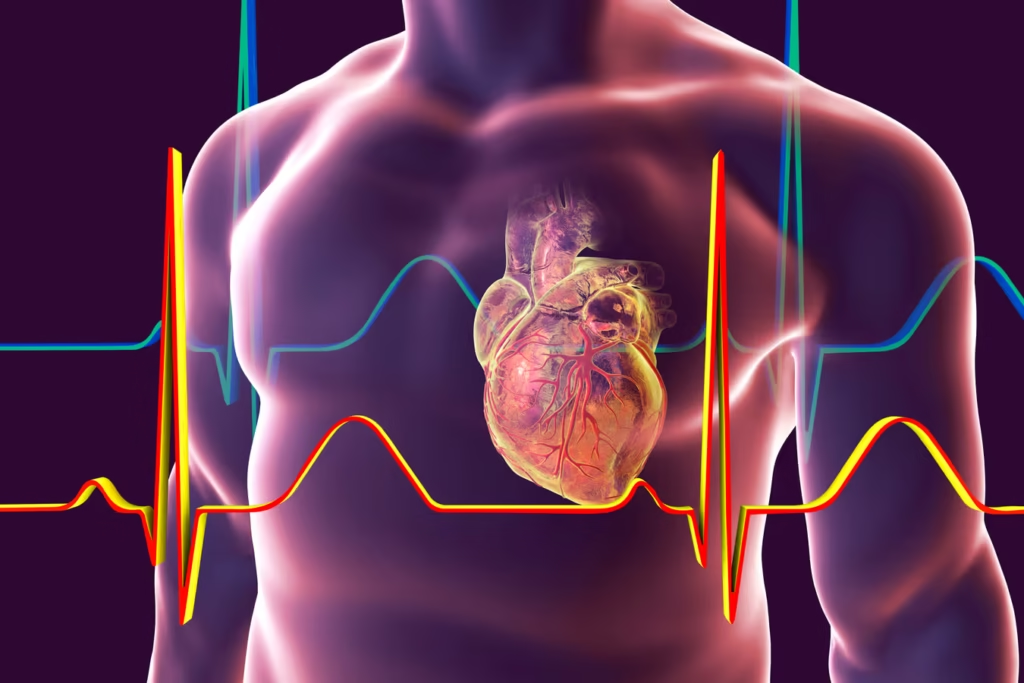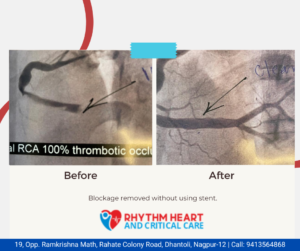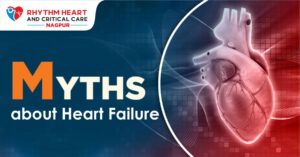Heart disease remains one of the leading causes of death worldwide, making it crucial to understand the available treatment options that can help manage and improve heart health. With advancements in medical science, a range of effective heart disease treatments can significantly enhance the quality of life for those affected. This blog explores some of the most widely used and successful heart disease treatments, focusing on how they contribute to a healthier, longer life.
Understanding Heart Disease
Heart disease encompasses a variety of conditions that affect the heart’s structure and function. Common types include coronary artery disease (CAD), heart failure, arrhythmias, and valvular heart disease. These conditions can lead to serious complications, including heart attacks and strokes, if not properly managed. Fortunately, modern medicine offers several heart disease treatments that can mitigate these risks and help patients maintain a healthy lifestyle.
Lifestyle Modifications
One of the first and most crucial steps in treating heart disease is making lifestyle changes. These modifications can not only help manage existing heart conditions but also prevent further progression of the disease. Key lifestyle changes include:
- Healthy Diet: A diet rich in fruits, vegetables, whole grains, lean proteins, and low in saturated fats, cholesterol, and sodium can significantly reduce the risk of heart disease. The Mediterranean diet, in particular, has been shown to benefit heart health.
- Regular Exercise: Engaging in regular physical activity, such as walking, swimming, or cycling, helps strengthen the heart, improve circulation, and maintain a healthy weight. Patients are often advised to engage in at least 150 minutes of moderate-intensity exercise per week.
- Smoking Cessation: Quitting smoking is one of the most impactful steps a person can take to improve heart health. Smoking cessation reduces the risk of developing coronary artery disease and other heart-related complications.
- Limiting Alcohol: Excessive alcohol consumption can increase blood pressure and contribute to heart disease. Limiting alcohol intake is important for heart health.
- Stress Management: Chronic stress can contribute to heart disease. Techniques such as mindfulness, meditation, and yoga can help manage stress and improve heart health.
Risk Factors

Understanding the risk factors for heart disease is crucial for prevention and early intervention. Common risk factors include:
- High Blood Pressure: Elevated blood pressure puts extra strain on the heart and blood vessels, increasing the risk of heart disease and stroke.
- High Cholesterol: High levels of LDL (bad) cholesterol can lead to plaque buildup in the arteries, narrowing them and leading to heart disease.
- Diabetes: Diabetes significantly increases the risk of heart disease. High blood sugar levels can damage blood vessels and nerves that control the heart.
- Obesity: Being overweight or obese is a major risk factor for heart disease, as it often leads to other conditions like high blood pressure, high cholesterol, and diabetes.
- Family History: A family history of heart disease can increase your risk, especially if a close relative developed heart disease at an early age.
- Age and Gender: The risk of heart disease increases with age, and men are generally at higher risk at a younger age than women.
Symptoms of Heart Disease
Recognizing the symptoms can lead to earlier diagnosis and treatment. Common symptoms include:
| Symptom | Description |
|---|---|
| Chest Pain or Discomfort | Often described as a pressure or squeezing sensation, this is a common sign of heart disease. |
| Shortness of Breath | Difficulty breathing, especially during physical activity, can indicate heart disease. |
| Fatigue | Unusual tiredness, especially after minimal physical effort, can be a sign of heart problems. |
| Palpitations | A fluttering or irregular heartbeat can be a symptom of arrhythmia, a type of heart disease. |
| Swelling in the Legs or Ankles | Fluid retention in these areas can be a sign of heart failure. |
Medications :
For many patients, lifestyle changes alone may not be sufficient to manage. In such cases, medications are often prescribed to help control the condition. Some commonly used medications include:
- Statins: These drugs are prescribed to lower cholesterol levels, reducing the risk of plaque buildup in the arteries, which can lead to heart attacks or strokes.
- Beta-Blockers: Beta-blockers help reduce blood pressure and heart rate, which can alleviate the workload on the heart and prevent arrhythmias.
- ACE Inhibitors: Angiotensin-converting enzyme (ACE) inhibitors relax blood vessels and lower blood pressure, making it easier for the heart to pump blood.
- Antiplatelet Agents: These medications, such as aspirin, help prevent blood clots from forming, reducing the risk of heart attacks and strokes.
- Diuretics: Diuretics help the body eliminate excess sodium and water, which can reduce blood pressure and the heart’s workload.
Surgical Interventions
In more advanced cases , surgical interventions may be necessary. Some of the most common surgical treatments include:
- Angioplasty and Stenting: Angioplasty is a procedure that involves inserting a balloon-tipped catheter into a narrowed or blocked artery. The balloon is inflated to widen the artery, and a stent (a small mesh tube) is often placed to keep the artery open.
- Coronary Artery Bypass Grafting (CABG): In CABG, surgeons create a bypass around blocked or narrowed coronary arteries using a blood vessel from another part of the body. This procedure improves blood flow to the heart muscle.
- Heart Valve Surgery: This surgery repairs or replaces damaged heart valves to ensure proper blood flow through the heart.
- Implantable Devices: Devices such as pacemakers or implantable cardioverter-defibrillators (ICDs) are used to regulate heart rhythms and prevent sudden cardiac arrest.
- Heart Transplant: In severe cases of heart failure where other treatments have failed, a heart transplant may be necessary. This involves replacing the diseased heart with a healthy donor heart.
Emerging Treatments and Innovations
As medical research continues to advance, new and innovative treatments for heart disease are being developed. These include:
- Gene Therapy: Researchers are exploring gene therapy as a potential treatment for certain types of heart disease, where defective genes are replaced or repaired to restore normal heart function.
- Regenerative Medicine: Stem cell therapy and other regenerative medicine techniques aim to repair damaged heart tissue and improve heart function.
- Minimally Invasive Surgery: Advances in surgical technology have led to less invasive procedures with shorter recovery times and fewer complications.
- Wearable Technology: Wearable devices that monitor heart health in real time are becoming increasingly popular. These devices can provide early warning signs of heart problems and help patients and doctors manage heart disease more effectively.
The Role of Rehabilitation in Heart Disease Treatment
Cardiac rehabilitation is a medically supervised program that helps patients recover after a heart attack, heart surgery, or other heart conditions. It involves:
- Exercise Training: Helps improve cardiovascular fitness and overall strength.
- Education: Provides information on heart-healthy living and how to manage risk factors.
- Counseling: Offers support to help patients cope with the emotional aspects of heart disease.
Importance of Early Detection
Early detection of heart disease is crucial for preventing serious complications, such as heart attacks or strokes. Regular check-ups and screenings, such as blood pressure measurements, cholesterol tests, and blood glucose tests, can help identify risk factors early on. In some cases, advanced imaging tests, such as an echocardiogram or coronary angiography, may be recommended to assess heart function and detect blockages in the arteries.
Highlights:
Effective heart disease treatments can greatly enhance your quality of life by managing symptoms and reducing complications. Whether through medication, lifestyle changes, or advanced procedures, these treatments are designed to support long-term heart health. At Rhythm Heart and Critical Care, we are dedicated to providing comprehensive care tailored to each patient’s unique needs. You can visit our website for more information and services.
If you want to learn about cardiovascular disease, kindly go through the provided resources for better understanding.







